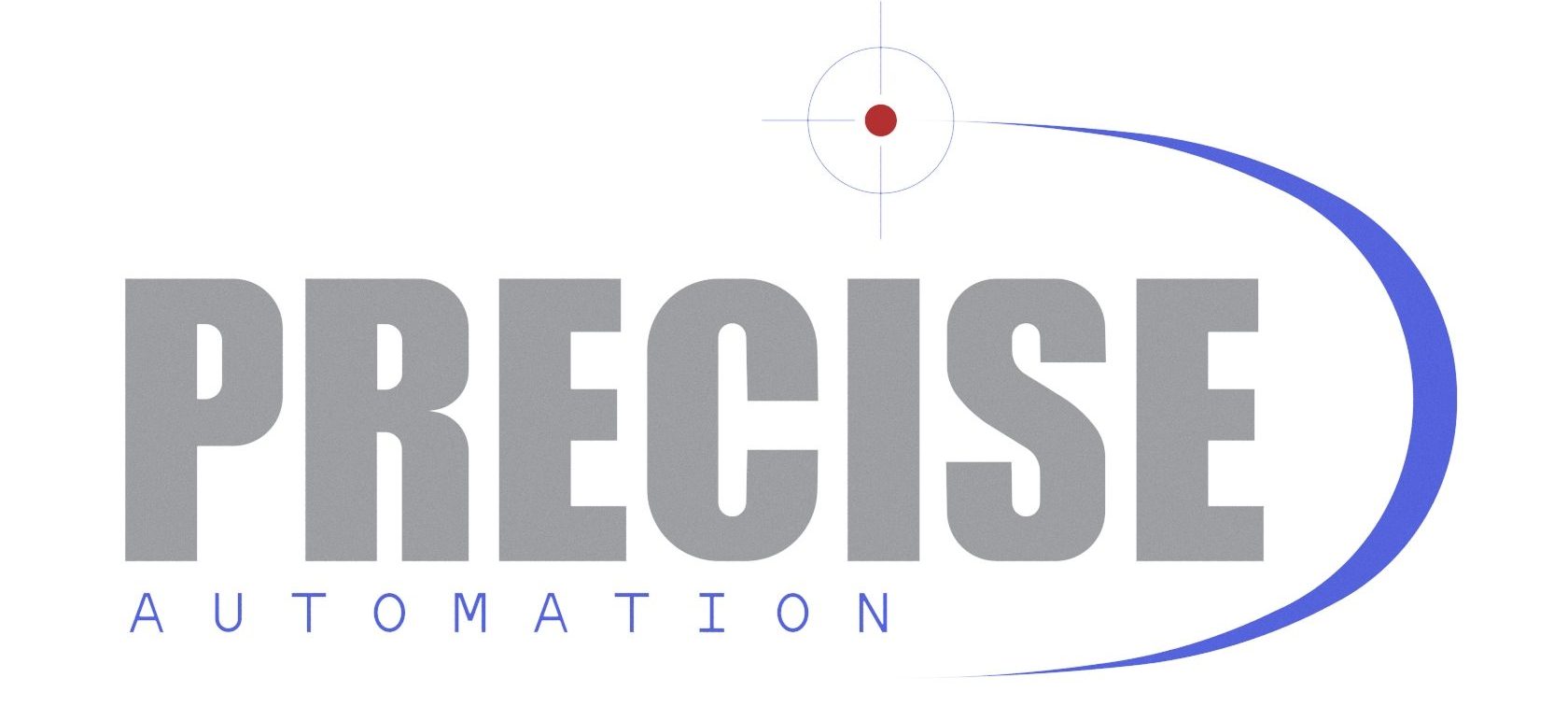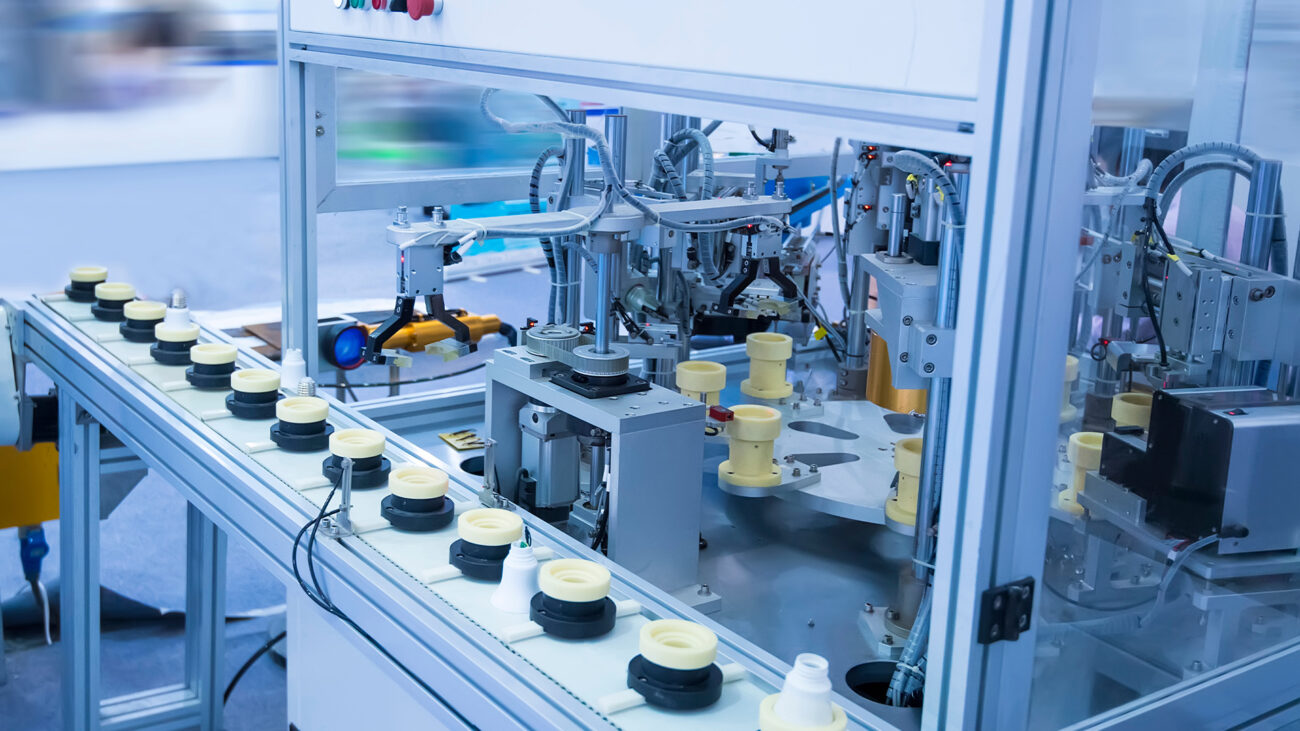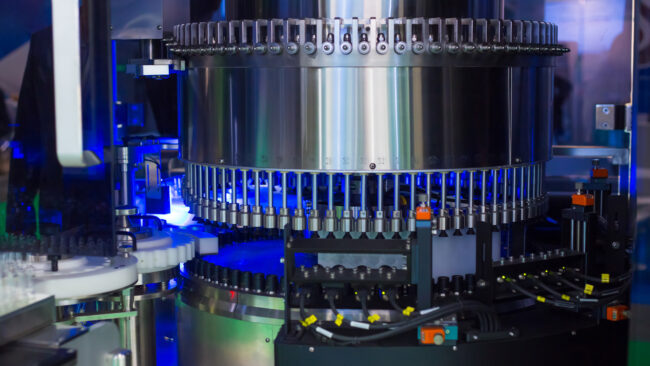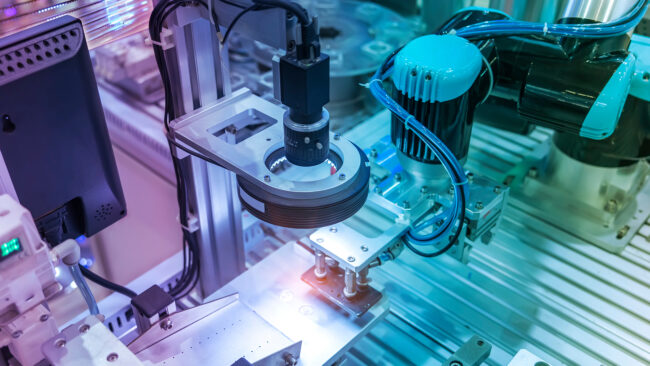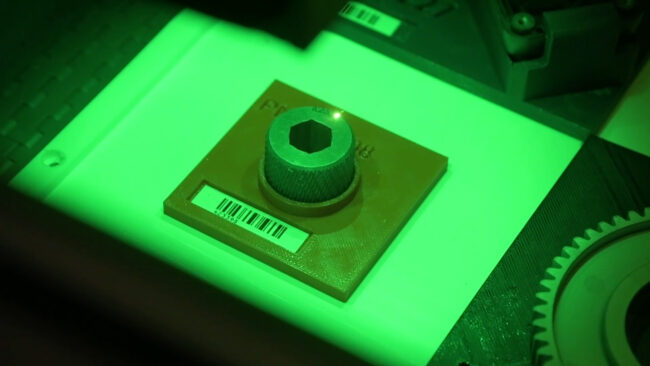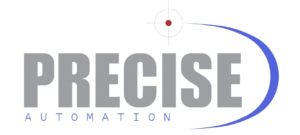Industrial automation is crucial for the future success of American manufacturing. American manufacturing has a storied history, and it continues to be a cornerstone of the nation’s economy. To remain competitive in today’s global landscape, manufacturing companies are turning to a transformative force: industrial automation. This technological evolution is reshaping the industry, providing a path towards increased productivity, efficiency, and competitiveness.
Automation Enhances Efficiency and Productivity
Efficiency is the lifeblood of any successful manufacturing operation. Industrial automation streamlines processes, reducing human error and accelerating production. Automated machinery can operate 24/7, eliminating downtime associated with shift changes and breaks. This continuous production cycle significantly increases output, leading to enhanced productivity levels.
Automation technologies such as robotic arms, conveyor systems, and automated guided vehicles (AGVs) handle repetitive and labor-intensive tasks with precision and speed. This not only boosts production rates but also allows human workers to focus on more complex, value-added tasks, promoting a more skilled and satisfied workforce.
Improved Quality and Consistency
Quality assurance is paramount in manufacturing. Automation systems are designed to perform repetitive tasks with a high degree of accuracy, virtually eliminating the risk of human error. This ensures product consistency and quality, ultimately leading to greater customer satisfaction.
Automated inspection systems can identify defects and deviations from specifications with unparalleled precision. This early detection of issues allows for corrective action to be taken promptly, reducing scrap, rework, and the associated costs.
Cost Savings and Competitiveness
While the initial investment in industrial automation can be significant, the long-term cost savings are substantial. Automation reduces labor costs, minimizes waste, and optimizes energy usage. Additionally, automation can lead to a reduction in the need for extensive warehousing and inventory space as production can be more closely aligned with demand.
American manufacturers that embrace automation can produce high-quality products more competitively on a global scale. This competitive advantage attracts customers and can open up new markets, strengthening the position of American manufacturing companies in the global supply chain.
Flexibility and Adaptability
Modern industrial automation systems are designed with flexibility in mind. Manufacturers can easily reprogram robots and other automated equipment to adapt to changing production requirements. This agility allows companies to respond quickly to market fluctuations, customize products for individual customers, and explore new product lines without significant retooling costs.
Automation Improves Worker Safety and Workforce Development
Contrary to the misconception that automation replaces human workers, it often enhances worker safety. Dangerous and physically taxing tasks can be assigned to machines, reducing the risk of accidents and injuries. Employees can then focus on roles that require critical thinking, creativity, and decision-making, which can lead to a more fulfilling and safer work environment.
Additionally, the integration of automation technologies necessitates a skilled workforce to operate, maintain, and troubleshoot these systems. As American manufacturers invest in automation, they are also investing in workforce development and training programs to equip employees with the skills needed to thrive in an increasingly automated manufacturing landscape.
Industrial automation is the key to unlocking the future of American manufacturing. It empowers companies to become more efficient, produce higher-quality products, reduce costs, and remain competitive on a global scale. As technology continues to advance, embracing automation is not just a choice but a necessity for American manufacturing companies looking to thrive and innovate in the 21st century.
By investing in automation, American manufacturing is well-positioned to lead the way in shaping the future of the industry.
